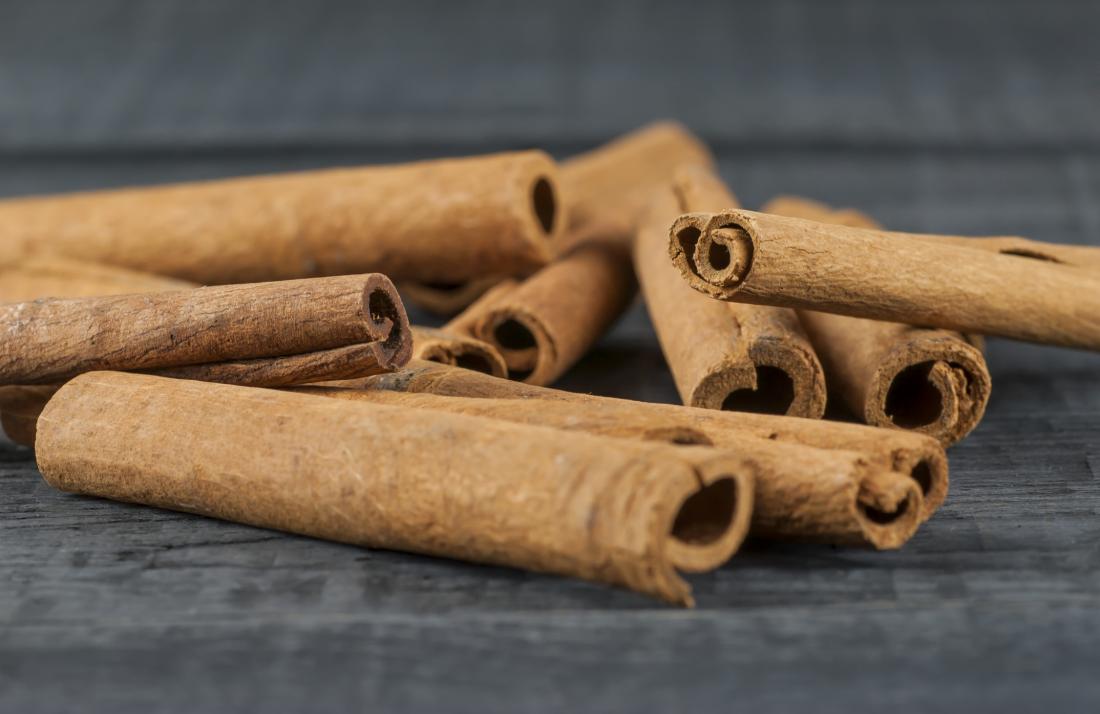Cinnamon may help battle infections

Concerns over antibiotic resistance are reaching fever pitch, and the race is on to uncover novel compounds to replace them. A new study suggests that cinnamon might offer a helping hand.
Since their first use, antibiotics have saved countless lives. Now, however, the tide is turning.
Over countless generations, a growing number of bacterial species have built up resistance to antibiotics.
This means that infections that were once easy to treat are now impervious to antibiotics. It is a growing global problem.
In fact, the World Health Organization (WHO) refer to the antibiotic resistance crisis as "one of the biggest threats to global health, food security, and development today."
For these reasons, it is vital that we find other ways of effectively tackling infections without using antibiotics.
Cinnamon investigated
Dr. Sanjida Topa and her colleagues at Swinburne University of Technology in Australia have been investigating traditional medicines. Most recently, they looked at cinnamon.
They focused on this particular spice because, as Dr. Topa explains, "many previous studies have reported antimicrobial activity of cinnamon essential oil, [but] it is not widely used in the pharmaceutical industry."
In particular, they concentrated on a component of cinnamon oil called cinnamaldehyde (CAD), which is responsible for cinnamon's distinctive taste and aroma. Their findings were published recently in the journal Microbiology.
The researchers wanted to test whether CAD could break up biofilms, which are sticky layers that are often responsible for persistent infections that even antibiotics cannot touch. The most well-known example of a biofilm is the plaque found on teeth.
In order to congregate and form into biofilms, bacteria must communicate with each other to build this complex structure. The researchers wondered whether CAD might disrupt this highly orchestrated event.
